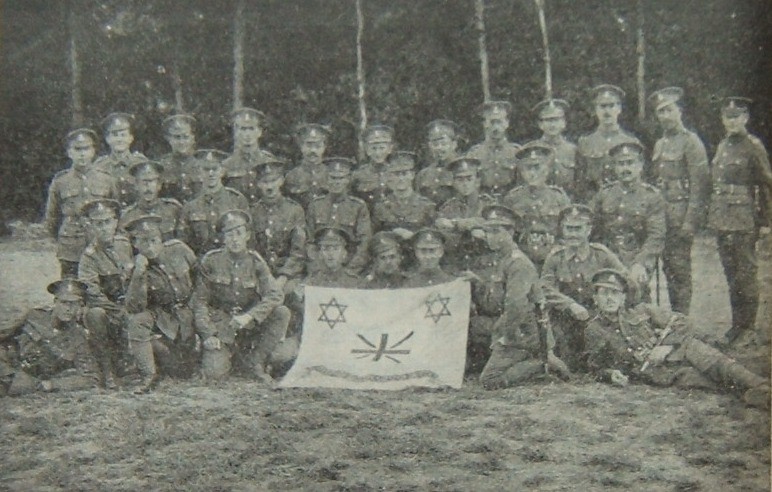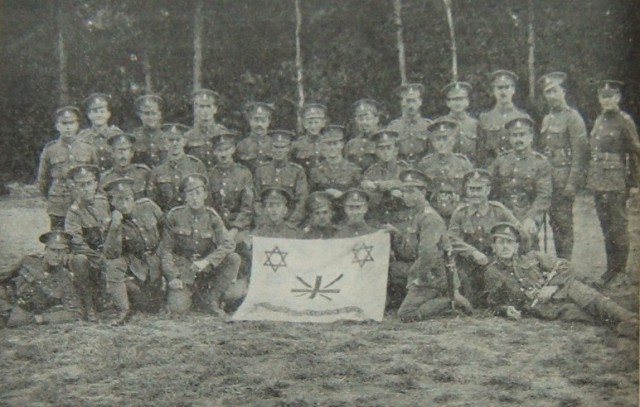It was 1916 when Florence Oppenheimer was working as a hospital nurse in Cairo. Before that, she used to take care of wounded servicemen, on a ship carrying those injured at Gallipoli, about 2,000 men, all put together in a place with “no clean shirts, no bed coverings … no bowls, no soap or flannels”.
The nurse recalled a time when she spent the whole afternoon with a 21-year-old boy from Cambridge, who enlisted in the war while he was in the middle of his studies. “Another splendid life to be cut short, I suppose,” said the nurse. She remembered playing cards, showing each other card tricks, playing games and doing puzzles.
Some time later, when she was in Cairo, Oppenheimer wrote about going to Synagogue to write to Norman Bentwich, who she knew lived there.
Isaac Rosenberg served with the 12th Suffolk Regiment.
“I have just joined the Bantams and
am down here amongst a horrible
rabble – Falstaff’s scarecrows were
nothing to these … my being a Jew
makes it bad amongst these wretches.”
Rosenberg was first part of the Zion Mule Corps, a Jewish battalion formed of refugees who went on to fight at Gallipoli, before establishing the Jewish Legion, a three battalions force of Jewish service men, some American and some British, who helped defeat the Ottoman empire in Palestine.
The incredible stories of these people and others like them are told in an art exhibition at the Jewish Museum. The exhibition contains objects and images portraying the experiences of British Jews, who served in World War One, The Guardian reports.
At an early time in London, Jewish shops that had German names or German sounding names were attacked. By the start of the First World War, the British Jews were known as immigrants; a part of them were considered early returnees who came after the medieval expulsion, welcomed by Cromwell; others were established families from the late 18th and early-19th centuries and the last wave consisted of eastern European Jews.
The final group was also the largest, including Socialists and Tolstoyans, Zionists, anti-Zionists, Orthodox and Reform – East End rag-trade workers, lawyers, boxers, bankers and artists.1916 was the year when the British Jewish legion was intensified. Jews were wanted to fight against the Ottoman Empire in Palestine.
Rosenberg lost his life in 1918 at Arras. In a final letter he wrote before his death, he speaks about his desire to write a hymn for the Jewish Legion, saying that he can’t think of anything powerful enough.
//


